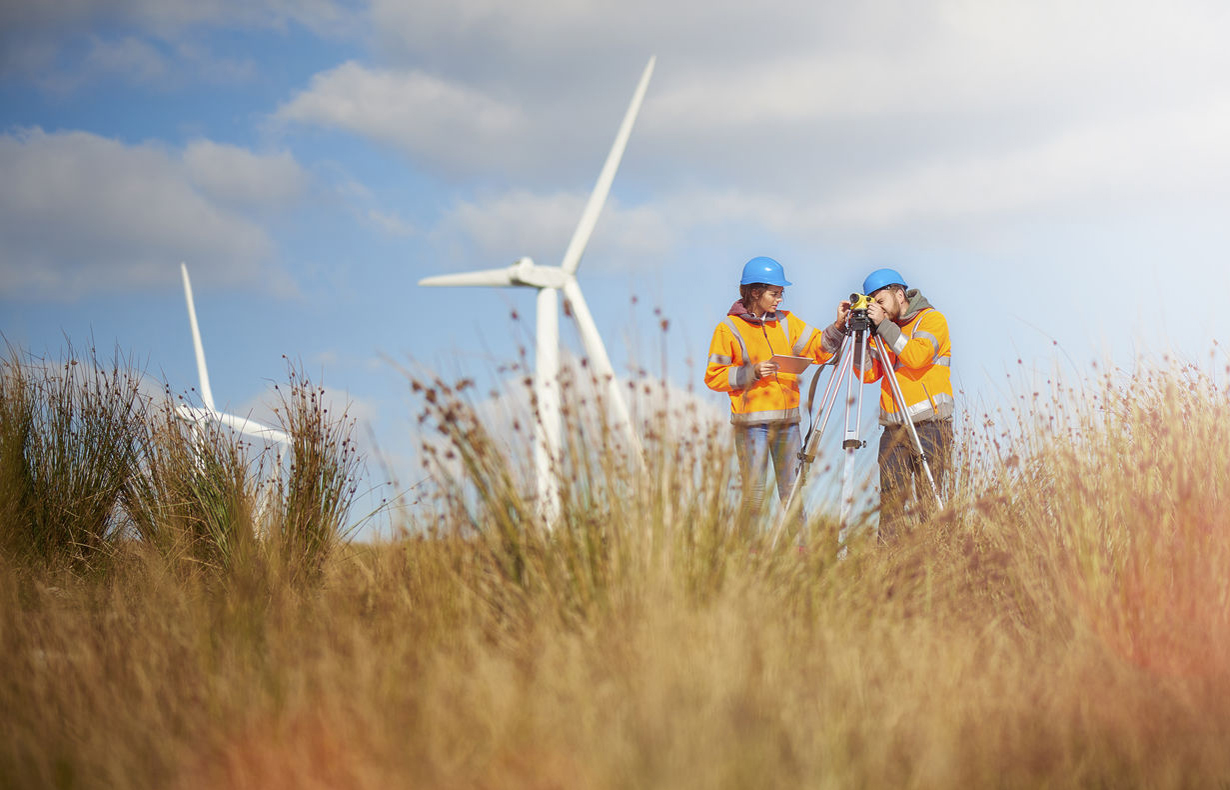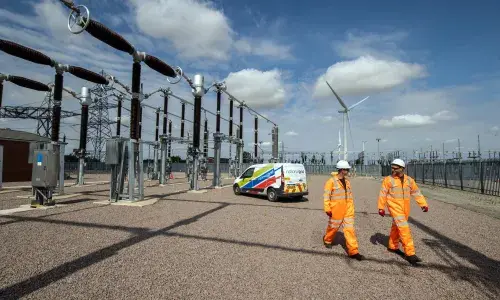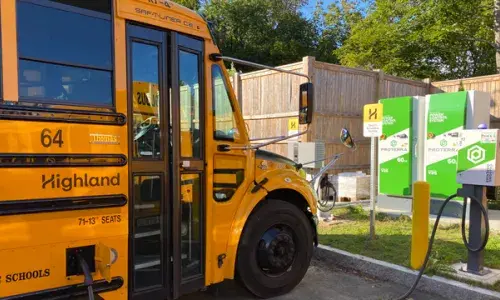
Now is the time to recruit a net zero energy workforce to power a greener future
At the start of a pivotal decade in the struggle to combat climate change, National Grid has commissioned a report exploring the skills we need to help turn the UK’s ambition to become the world’s first net zero economy by 2050 into a reality. Here Nicola Shaw CBE, Executive Director, National Grid UK, explains what it will take to build a Net Zero Energy Workforce.

The progress we make over the next decade will be critical in the race to tackle climate change. As the energy sector plays a fundamental role in helping to reduce carbon emissions, we must focus our efforts on helping the UK to reach its net zero target by 2050.
National Grid occupies a unique position at the heart of the energy system, which means we can collaborate with others in our industry and beyond to help radically reduce carbon emissions resulting from generating, distributing and using energy.
Powering ahead with net zero initiatives
We are already working on the technology that will help to decarbonise the way we heat and power our homes and businesses. Carbon capture usage and storage (CCUS) techniques are ready to bring zero carbon power to the Humber. We have ambitious plans for a nationwide charging scheme to remove range anxiety for electric vehicle drivers and we’re preparing to introduce low-carbon hydrogen into our existing gas network. Our network of interconnectors, or undersea cables, are connecting the UK to renewable energy sources in Europe, so we can share greener, cleaner energy.
This work is already having an impact and 2019 was the first year to see zero-carbon power overtake fossil fuels. But this is just the start – to accelerate change, we need people with a passion to beat climate change. It’s people who have the creativity to come up with innovative solutions. And it’s people who will build, maintain and evolve the infrastructure and technology that will allow the UK to lead the way towards net zero.
People with passion
Our Building the Net Zero Energy Workforce report shows us that the will is out there. Over three-quarters of people (78%) say that they think it’s important to play a part in the UK’s journey to reaching net zero and over half (57%) are interested in working for an organisation that specifically contributes to reaching this target. Our job is to show people that choosing to work in the energy sector helps the UK reduce carbon emissions and is an incredibly rewarding career.
Attracting the best and brightest minds to build the Net Zero Energy Workforce is crucial.
Attracting the best and brightest minds to build the Net Zero Energy Workforce is crucial, as our research reveals that we need to fill 400,000 jobs across the sector by 2050. These jobs will be across the whole country, providing 100,000 jobs in the North, over 50,000 jobs in the Midlands and nearly 90,000 jobs in Scotland, Wales and Northern Ireland.
Filling the skills gap
To succeed in filling these gaps in the UK’s energy workforce, we need to create a stream of young people with the skills our industry needs. We need to increase the number of people studying A Level physics by 24% and maths by 17%, and grow the number of graduates studying engineering and technology by 30%, as well as boosting engineering apprenticeships.
We need to both retrain and retain the invaluable people already working in the sector. We need to encourage more women to join us and do more to persuade them to return to engineering after a career break or maternity leave.
We need to fight back against competition from tech and finance sectors, by showing that a career in energy is a career with purpose, where you can make a real difference to the future of our planet.
Collaboration is critical
No one organisation can make such a transformational change to the energy industry alone. Plugging the skills gap will require collaboration with industry partners, government, regulators, trade unions, NGOs, education and campaigners. But for us, working together to build a Net Zero Workforce that will power the UK to net zero by 2050 is the job that can’t wait.



